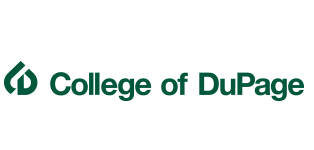Document Type
Article
Publication Date
4-2025
Abstract
This article explores how American English can subtly dehumanize and marginalize LGBTQ+ individuals through linguistic practices such as nominalization, objectification, misused indefinite articles, euphemistic slurs, and gendered expressions. Drawing on Safe Zone facilitation and sociolinguistic theory, the paper argues that constructions like “a lesbian” reduce identity to a category, while idioms like “that’s so gay” and gendered humor reinforce heteronormative and misogynistic ideologies. The analysis further examines how terms like “female” are nominalized and weaponized in ways that dehumanize women, revealing deep-seated linguistic asymmetries tied to power hierarchies. Building on original insight and expanding with work by Zola (1993), Cameron (1992), Crenshaw (1989), Levon (2015), and Wardhaugh & Fuller (2021), the paper applies concepts of intersectionality, performativity, and language ideologies to analyze power and exclusion in everyday discourse. It also references the “possible -isms” framework by Whitehead & Stokoe (2020) and applies insights from Sclafani & Norova (2023) on how discourse positions marginalized speakers in public life. Concrete recommendations are offered for educators, institutions, and individuals seeking to promote more inclusive and affirming language practices in education and beyond.
Recommended Citation
Kapustka, Brian, "Linguistic Inclusion and Identity: A Sociolinguistic Perspective on LGBTQ+ Language Use" (2025). Faculty and Staff Scholarship. 7.
https://dc.cod.edu/languages_fac_staff/7


